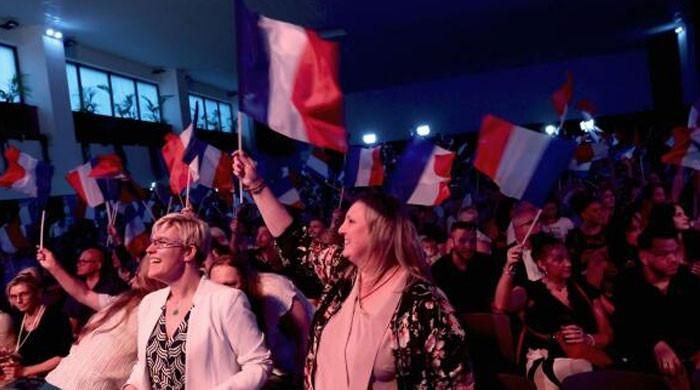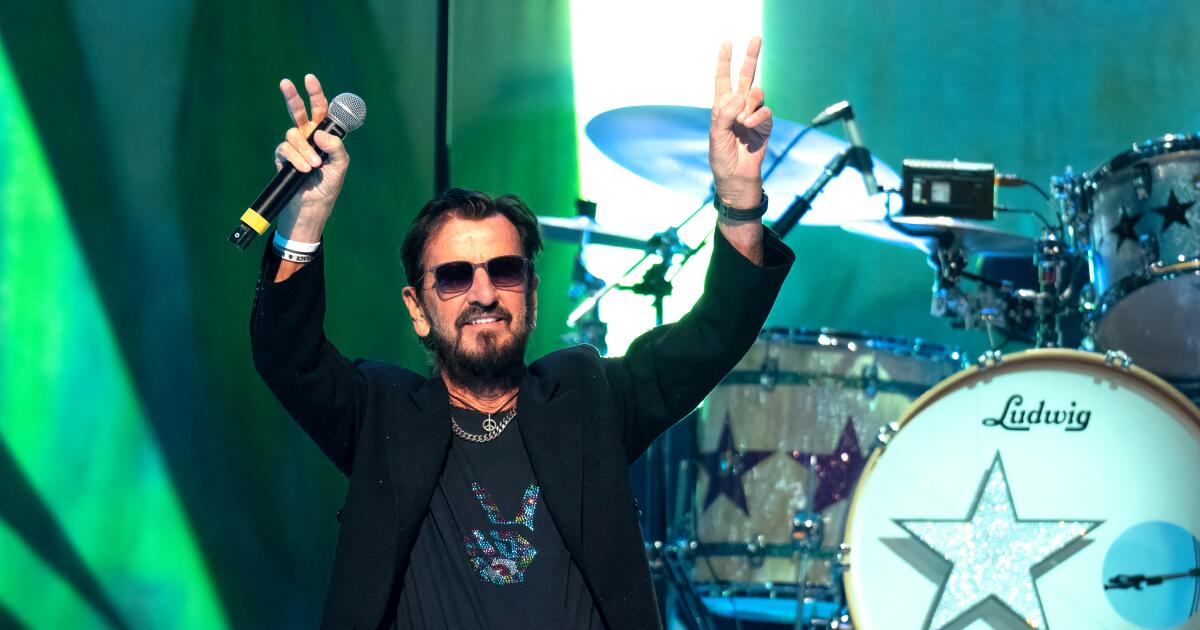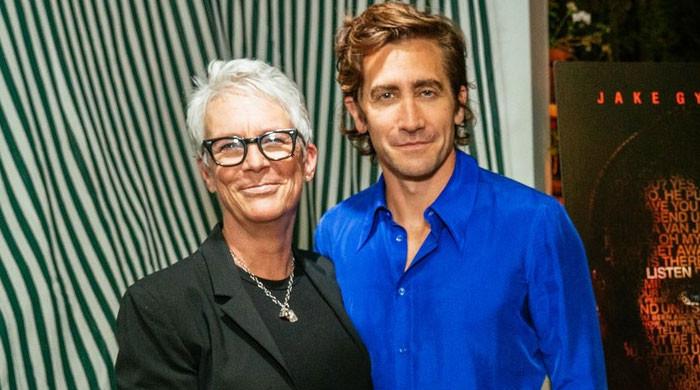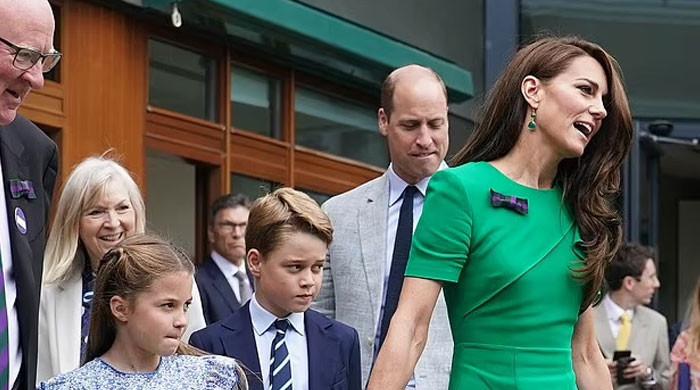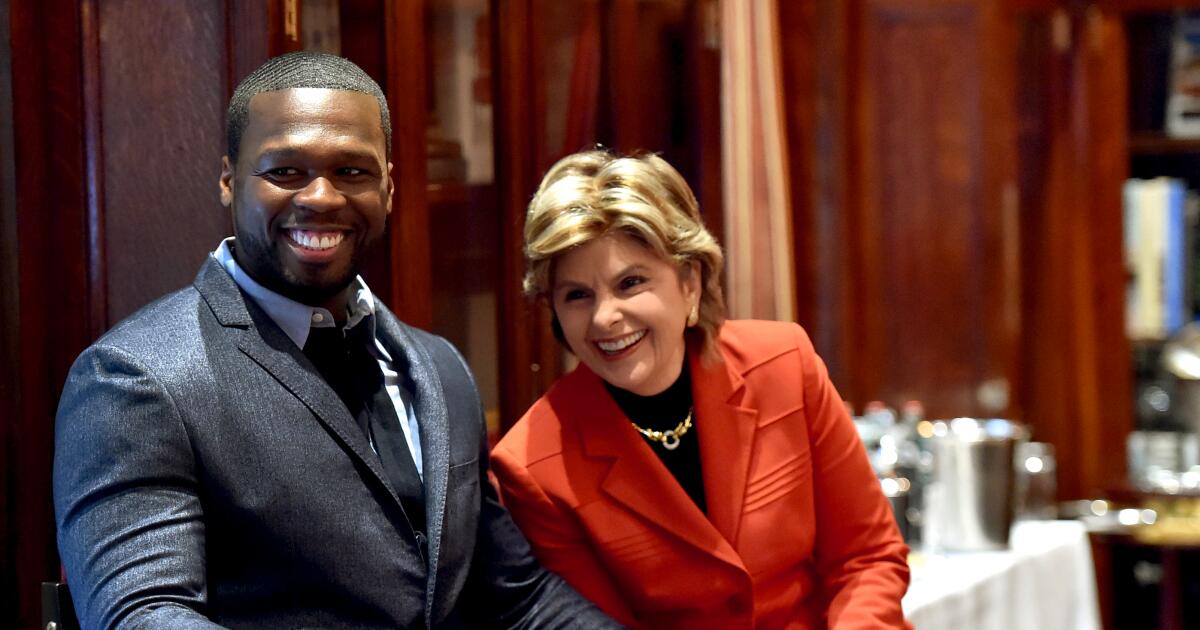French voters went to the polls on Sunday in numbers not seen in decades for the first round of early parliamentary elections, in which Marine Le Pen's far-right party could take power in a historic first.
President Emmanuel Macron stunned the nation by calling for a snap election after the far-right National Rally (RN) party defeated his centrist forces in this month's European Parliament elections.
But the gamble risks backfiring, with opinion polls predicting Macron's alliance will come in only third behind the rampant RN and a new leftist New Popular Front (NFP).
Julien Martin, a 38-year-old architect, who votes in the city of Bordeaux (southwest), declared: “These are not easy elections, the results are very uncertain and the repercussions could be serious for society.”
As the French face the most polarised election in their recent history, turnout soared, with 59.39 per cent casting their ballots by 5 p.m. (1500 GMT), the Interior Ministry said, up some 20 points from the same time in the latest polls. in 2022.
This would equate to a final turnout of between 67.5 and 69.7 percent when polling stations close this afternoon, the highest turnout in a regular legislative election in France since 1981, according to projections by several polling organisations.
The final turnout in 2022 was only 47.5 percent.
“The future scares me”
With Russia's war on Ukraine now in its third year and energy and food prices much higher, support for the anti-immigrant, eurosceptic RN party has surged despite Macron's promises to prevent its rise.
The two-round vote could put the far-right in power in France for the first time since the Nazi occupation in World War II and give the RN party's 28-year-old head, Jordan Bardella, a protégé of its longtime leader. data Marine Le Pen, the possibility of forming a government.
In the southern city of Marseille, Nabil Agueni said he did not attend the European elections but voted on Sunday.
“As long as we have a choice, it's better to go vote,” the 40-year-old said.
Nicole Cherprenet, a 79-year-old voter in Paris, added: “The future scares me.”
Some shopkeepers in major cities, including Lyon and Rennes, boarded up their shop windows in anticipation of possible unrest.
According to most polls, the RN party is on track to win the largest number of seats in the National Assembly, the lower house of parliament, after the second round on July 7, although it is still unclear whether it will achieve a majority. absolute.
Macron and his wife Brigitte cast their votes in Le Touquet, northern France, and the 46-year-old president was seen taking selfies and mingling with supporters.
A beaming Le Pen was seen hugging and kissing voters in Henin-Beaumont, the far-right stronghold in the north, where she is running for re-election as an MP.
Breakeven predictions
Final opinion polls have given RN between 35 and 37 percent of the vote, compared with 27.5-29 percent for the left-wing New Popular Front alliance and 20-21 percent for Macron's centrist camp.
Mujtaba Rahman, European director at Eurasia Group, a risk consultancy, said turnout was key to the election outcome.
“The greater the participation, the more candidates qualify,” he stated in X.
He said the left-wing alliance and Macron's centrist camp could “reach agreements to withdraw the worst-placed candidates and allow the others a free run against the far-right candidate” in the second round of voting.
Polling stations in major cities will close at 8:00 pm and will be immediately followed by projections that generally predict the result with some degree of accuracy.
Voters in French overseas territories had already cast their ballots over the weekend.
In the French Pacific territory of New Caledonia, where tensions remain high following deadly riots last month, turnout was 60 percent, down from 32.5 percent during the 2022 legislative elections.
Increase in hate speech
Macron's decision to call early elections plunged the country into political turmoil and created uncertainty in Europe's second-largest economy.
The Paris Stock Exchange suffered its biggest monthly drop in two years in June, falling 6.4 percent, according to figures published on Friday.
Many have pointed to an increase in hate speech, bigotry and racism during the charged campaign. A video of two RN supporters verbally attacking a black woman has gone viral in recent days.
Macron deplored “racism and anti-Semitism.”
Support for Macron's centrist camp fell during the campaign, while left-wing parties put aside their disputes to form the New Popular Front, in a nod to an alliance founded in 1936 to combat fascism.

